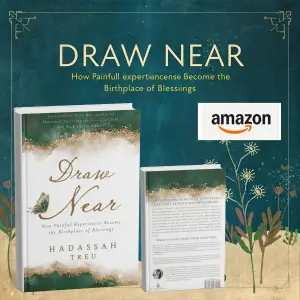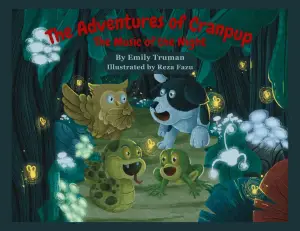I recently finished reading Alchemy: The Dark Art and Curious Science of Creating Magic in Brands, Business, and Life by Rory Sutherland, and I couldn’t wait to share my thoughts! As someone who has always been fascinated by marketing and consumer psychology, this book piqued my interest immediately. Sutherland’s reputation as a prominent figure in advertising, combined with the book’s intriguing exploration of human behavior, made it a must-read for me.
From the get-go, I was impressed by Sutherland’s engaging writing style. It’s clear he possesses a remarkable ability to weave together complex psychological insights with practical case studies from his extensive career. Readers can expect to encounter the fascinating question: "Why is Red Bull so popular, though everyone—everyone!—hates the taste?" The author challenges us to confront our own irrational decision-making processes and reveals that consumer choice is often driven more by perception than objective attributes like flavor or price. This resonated deeply with me, as I often ponder the quirky motivations behind purchasing behaviors.
One of the standout features of this book is how it gracefully combines humor with valuable wisdom. As noted by other readers, many have found it “fascinating and intelligent,” and I wholeheartedly agree. The clever storytelling made the reading experience feel dynamic and entertaining rather than dry or academic. Additionally, the book isn’t just for marketers; it offers life lessons applicable to various industries, making it relevant to everyone.
However, it’s essential to point out some drawbacks. While I thoroughly enjoyed Sutherland’s perspective, I did find the book sometimes dwelled too deeply on concepts that could easily be simplified. For instance, as Mike Morgenstein mentioned, the term "alchemy" might mislead readers into thinking that Sutherland advocates for abandoning logic entirely in favor of unconventional methods. In my opinion, a balance between rationality and alchemy is crucial, and I would have appreciated a more explicit discussion on integrating these two approaches.
Interestingly, I also noticed that not all the examples resonated equally well. There were moments when the case studies felt a bit contrived or less relevant to the broader audience, which some readers found off-putting. For example, while the parallels drawn between honey bees and sustainable business practices were intriguing, I felt some might have found these connections a bit of a stretch.
Despite these minor drawbacks, the overall substance of Alchemy left me with plenty of food for thought. It reinforces the idea that understanding human behavior requires moving beyond traditional metrics and embracing the beautifully complex nature of decision-making.
What truly struck me was how Sutherland applies these marketing principles to social aims, such as improving public health and encouraging diversity in tech. This broader application of branding and persuasion strategies elevates the importance of his message, revealing how better understanding of psychology can lead to more effective communication and outreach.
In conclusion, Alchemy exceeded my expectations as a compelling examination of human behavior and consumer psychology. While it may not be without its flaws, the insights it offers are invaluable for anyone interested in why we do what we do. Whether you’re a marketer, entrepreneur, or simply curious about human behavior, this book is worth your time. I would confidently recommend it to anyone seeking a deeper understanding of the psychological underpinnings of decision-making.
Overall, I’d happily give Alchemy a rating of 4.5 out of 5 stars. It’s a must-read for those looking to unlock the "magic" in their personal or professional lives!








